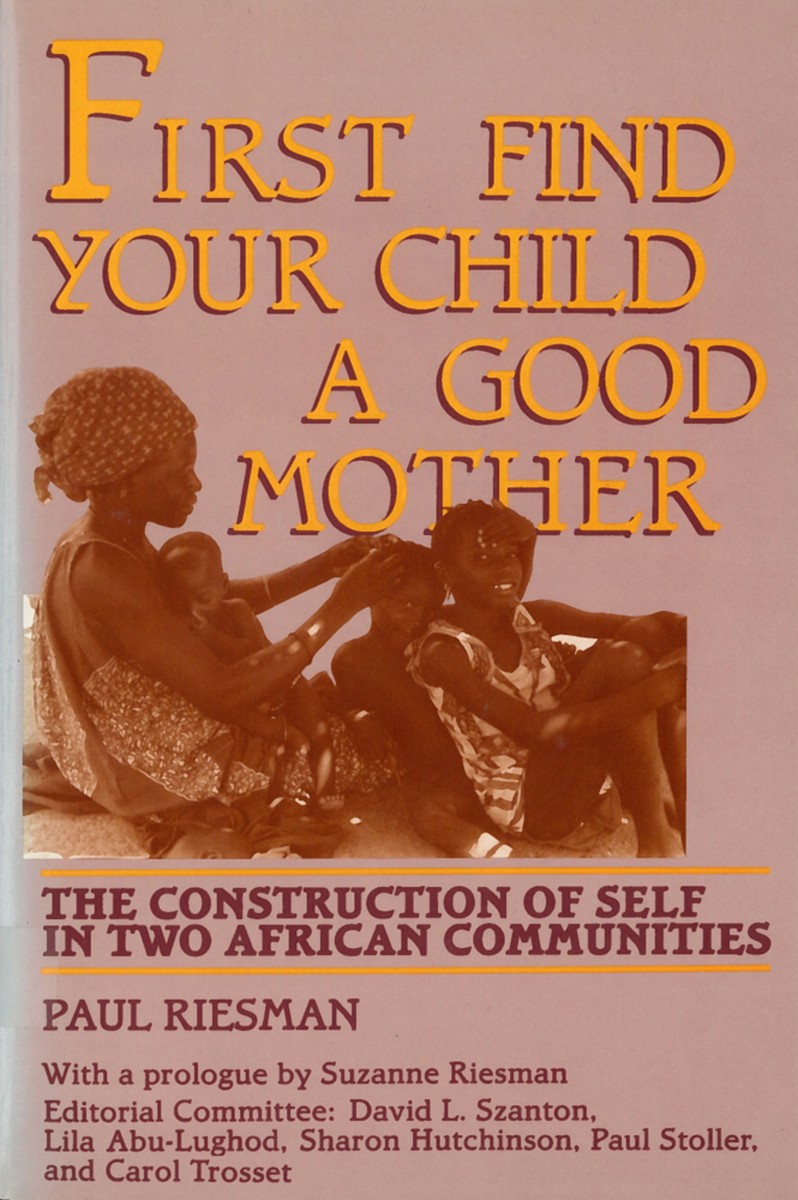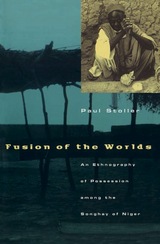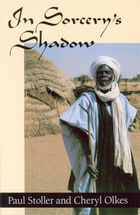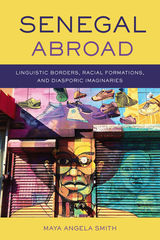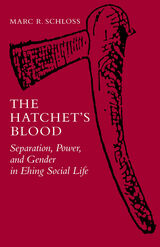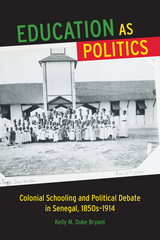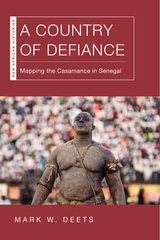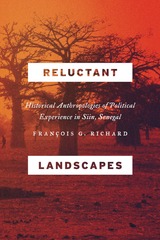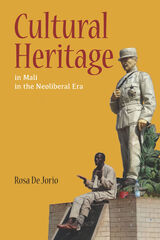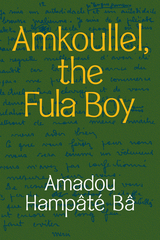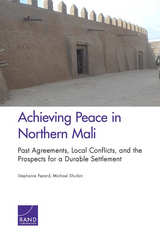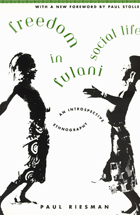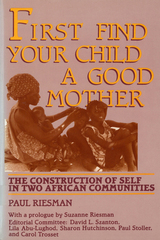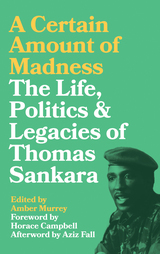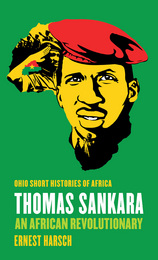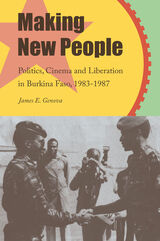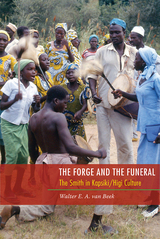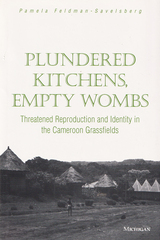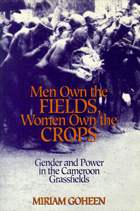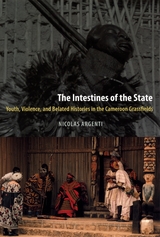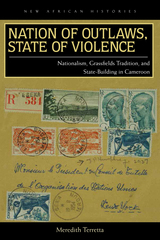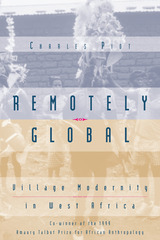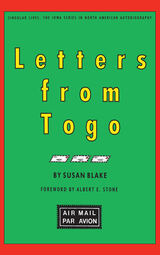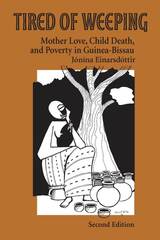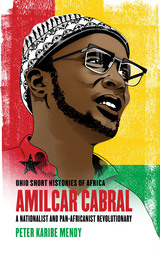Cloth: 978-0-8135-1767-4 | Paper: 978-0-8135-1768-1 | eISBN: 978-0-8135-5628-4 (PDF)
Library of Congress Classification DT555.45.F85R54 1992
Dewey Decimal Classification 306.808996322
Through a systematic comparison of the life circumstances, child-rearing practices, and personalities of the FulBe and their former slaves, the RiimaayBe, this book develops an alternative theory of the way personality is formed in the Fulani society of West Africa. Riesman discusses the different characters, economies, and life plans of adult men and women of both groups, focusing on their ideas about the value of relatives. He further presents detailed observations of child-rearing practices, and concludes that the FulBe and RiimaayBe do not differ in these practices. Contrasting Fulani and Western notions of parenting, he suggests that child-rearing practices are themselves irrelevant to the formation of adult personality, but that a people's ideas about the meaning of life, social relations, and the development of character are very important. Finally, Riesman outlines a sociocultural theory of personality and its formation, and uses this theory to make sense of the differences between FulBe and RiimaayBe.
See other books on: Burkina Faso | Construction | Kinship | Parenting | Self
See other titles from Rutgers University Press
